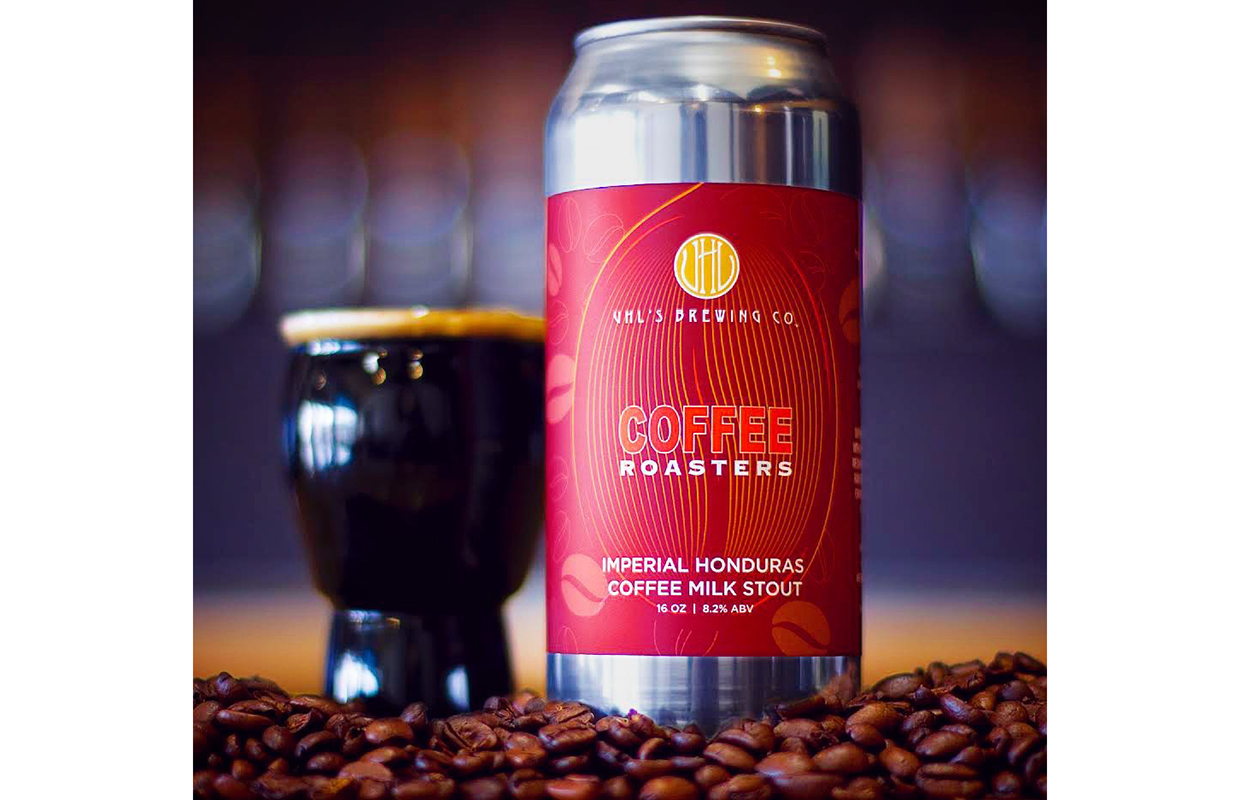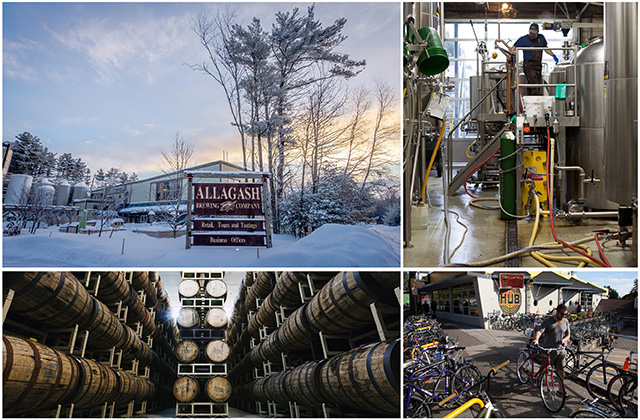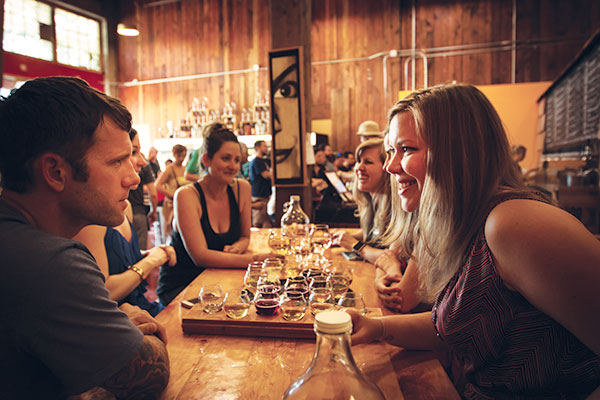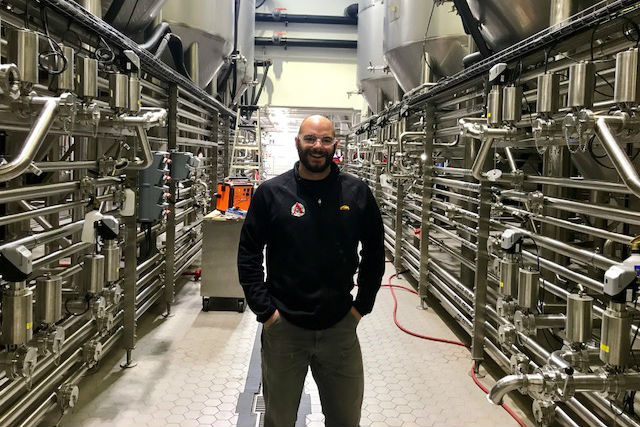
The philosophy for the use of coffee beans in a beer would be to use as much bean as possible and as cold of a temperature as possible in as little amount of time.
It’s worked so far for the Boulder, Colorado brewery that began in 2018.
The brewery has developed a popular Coffee Stout called Coffee Roasters that has been a seasonal favorite. So much so, that founder Aaron Uhl said they have switched the brand to full-time status starting in 2022.
Finding consistency in the roast will be a big factor for Uhl, but he said that the grains are always going to be consistent.
“That’s the most concerning thing there because a Stout really shines from the grain recipe,” he said, adding that they use some of the finest German and English chocolate and Crystal malts
“When it comes to the coffee it’s just like hops, or any other type of crop that may vary year to year, you still have to go out and still put your nose in the cup,” Uhl said. “You may have gotten something that you wanted from last years’ Honduras roast, but it’s not quite as amplified. So working with the roaster to sort of bring out more of what you’re looking for in certain years or by adding a couple degrees of Plato to get what you’re looking for.
“I think it really comes down to design by sense. Does this sensory feel similar to what last year was?”
Uhl’s Brewing started as a gypsy brewer in 2018 and was on the shelves in October that year. The winter of 2019 was the first time Uhl said he brewed Coffee Roasters in collaboration with a local roastery, Ampersand.
“We found a really good roast that would go well with the coffee,” he said, explaining that although he doesn’t like coffee, he does enjoy Coffee Stouts and the cupping experience to help find the right roasted bean.
“I get to sit with the roaster … and I really inhale and since I’ve got the beer palate, picking flavors and nuances out of these beans seems to be pretty,” he said. “What we look for is a chocolatey and roasty nuance to the bean when we’re doing these cuppings.
“We try to stay away from anything that has a vegetal or slight green pepper flavor to it. Because that will end up just making a beer that no one will want to drink down the line.”
In his homebrew days, Uhl realized how to enhance certain flavors by deleting certain aspects of the grain bill and using those additional adjuncts, like coffee, to create the flavors that he was looking for.
Uhl doesn’t use any grounds or fine-ground coffee, just use the whole bean, adding that a minimum steep time is about three days with a maximum of five.
“We let the beer let us know when it’s ready to go,” he said. “We design the beer to be without a lot of roasted grains and to substitute in the coffee to supplement for that roast character we’re looking for.”
If you get the right bean and have a good process, the beer can be shelf-stable for two years.
“I still have one of the original batches that we brewed,” Uhl said. “We go back and do sensory and while the coffee flavor has died down a bit. It hasn’t turned vegetal or green pepper on us.”
Plans for 2022 include using a small rotation of roasters to make the brand while using the brewery’s smaller 8-barrel system to make batches in the warmer months while beefing up production with the 15-barrel system in the winter months.




Be the first to comment